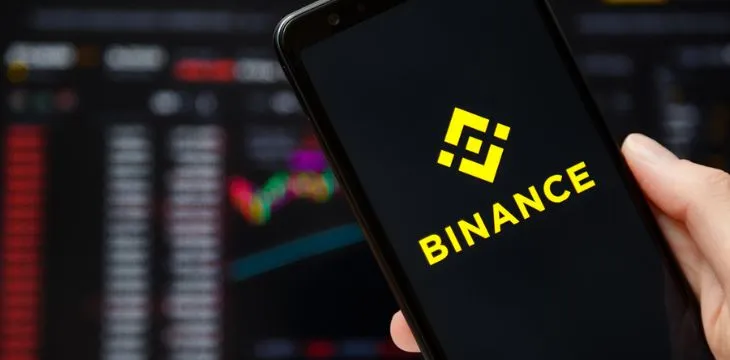|
Getting your Trinity Audio player ready...
|
Binance customers in the United Kingdom will no longer be able to deposit or withdraw their national currency, GBP, following a decision by payments partner Paysafe (NASDAQ: PSFE) to suspend services to the exchange. The deposit suspension applies to all new customers from March 13 (i.e., immediately) and all existing customers by May 22, 2023.
Binance emailed customers, saying that fiat partner Skrill Limited (a Paysafe subsidiary) would stop offering GBP deposit and withdrawal services via Faster Payments and card. Any GBP deposits made after May 22 will be refunded. The company added that it hasn’t decided on a final withdrawal date as yet, but will advise later.
According to reports, Paysafe blamed a tightening U.K. regulatory environment for digital assets for its decision to quit Binance.
Binance said the change would affect only about 1% of its users. Indeed, the largest market for GBP on the platform is the BTC/GBP pair, ranked #66 in Binance’s trade volumes at around $32.84 million value in the past 24 hours. The next-largest is GBP/USDT at #161 and $8.92 million. By contrast, the largest market (BTC/USDT) has around $15 billion in daily volumes.
‘Crypto-friendly’ often means more regulation
Then U.K. Chancellor of the Exchequer Rishi Sunak (and current Prime Minister) was touted in industry media as “crypto-friendly” following statements in April 2022 that he planned to make the country “a global crypto-asset technology hub.”
As is often the case, however, plans to become blockchain/digital asset hubs usually come with a greater focus on regulatory compliance, dragging the industry kicking and screaming into line with the traditional financial industry. Though large players on the surface usually welcome such moves, they often create headaches for users in the interim as banks and payment services providers balk at the risk of any association with unregulated “crypto” and halt services.
The U.K. government announced new measures last October that would prohibit unauthorized digital asset providers from offering services and to regulate advertising in the digital asset industry.
It defined a “cryptoasset” as “any cryptographically secured digital representation of value or contractual rights that (a) can be transferred, stored or traded electronically, and (b) that uses technology supporting the recording or storage of data (which may include distributed ledger technology).”
This week, the Financial Conduct Authority (FCA) said that the digital asset sector needs to “detoxify” by eliminating crime and investment losses. Chair and CEO Ashley Alder told the House of Commons’ Treasury Committee that Bitcoin regulation should be “appropriately tough” to counter money laundering and providers who were “deliberately evasive.”
Binance seeks legit re-entry into Asian markets
In other Binance-related news, major U.S.-based exchange Coinbase (NASDAQ: COIN) announced it would suspend trading for the BUSD or “Binance USD” asset this week. BUSD was a branded stablecoin issued by external company Paxos (formerly itBit), which received a “Wells notice” from the U.S. Securities and Exchange Commission (SEC) to inform that it regards BUSD as an unregistered security.
The company is also looking to offer services in Hong Kong and has reportedly hired officials who would help it obtain a license in the territory. Nikkei Asia said the move was part of an effort to “put down roots in Asia as it faces increased scrutiny in the U.S.”
It has also sought permits to operate in markets like Singapore and Thailand. After a period of absence from the continent (at least officially), it recently re-entered the Japanese market by acquiring a local digital asset exchange. Binance has in the past faced accusations that it is “lax” with its customer I.D. requirements, allegedly allowing its international exchange to accept customers from jurisdictions where it is otherwise unable to operate.
Follow CoinGeek’s Crypto Crime Cartel series, which delves into the stream of groups—from BitMEX to Binance, Bitcoin.com, Blockstream, ShapeShift, Coinbase, Ripple,
Ethereum, FTX and Tether—who have co-opted the digital asset revolution and turned the industry into a minefield for naïve (and even experienced) players in the market.

 07-12-2025
07-12-2025 





